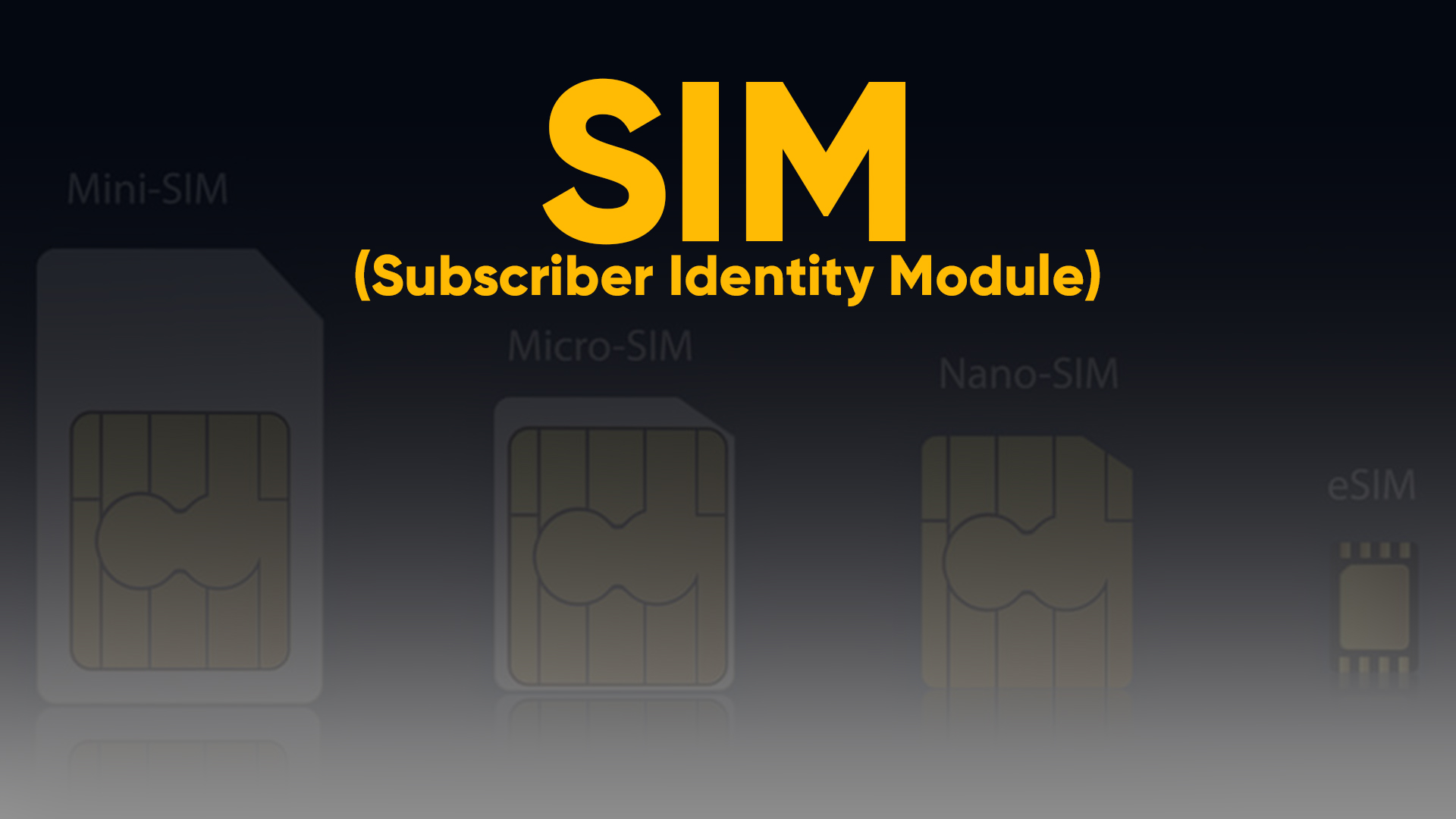SIM (Subscriber Identity Module) is a small, removable smart card used in mobile devices to store and manage user data, such as phone numbers, text messages, and other information. A SIM card is a critical component of any mobile device, as it provides the unique identifier that allows a mobile network to identify and authenticate the subscriber, and to manage the connection between the device and the network.
There are two types of SIM cards: Standard SIM and Micro SIM. Standard SIM cards are the largest type of SIM card and are typically used in older mobile devices. Micro SIM cards are smaller than Standard SIM cards and are used in newer, more compact devices. The latest type of SIM card is the Nano SIM, which is even smaller than the Micro SIM and is used in the latest smartphones.
One of the key features of a SIM card is its ability to store and manage user data, such as phone numbers, contacts, and text messages. This allows users to take their data with them when they switch devices, as long as they use a SIM card with the same size and type as their previous device. This makes it easier for users to switch to a new device, as they don’t have to manually transfer their data to the new device.
Another important feature of a SIM card is its ability to provide secure and encrypted communication between the device and the mobile network. This helps to protect sensitive information, such as financial transactions, from being intercepted and misused by unauthorized parties.
SIM cards also play a critical role in the management of mobile networks, as they allow mobile operators to identify and manage each subscriber individually. This makes it possible for mobile operators to offer customized services and packages to subscribers, based on their usage patterns and preferences.
One of the benefits of using a SIM card is the ability to choose a mobile operator that offers the best coverage, prices, and services. By switching to a different SIM card, users can easily switch to a different mobile operator without having to purchase a new device.
In conclusion, the SIM card is an essential component of any mobile device, as it provides the unique identifier that allows a mobile network to identify and authenticate the subscriber, and to manage the connection between the device and the network. It also provides a convenient way to store and manage user data, and to provide secure and encrypted communication between the device and the mobile network. By understanding the role and benefits of a SIM card, users can make informed decisions when choosing a mobile device and operator, and can ensure the protection of their sensitive information.

